The most influential 'nepo babies' throughout history, from the Borgias to the the British prime minister that likely inspired the phrase 'Bob's your uncle'
Lauren Frias

- Nepotism sparked a debate after Vulture highlighted a number of "nepo babies" in the entertainment industry.
- The term derives from the Latin root, "nepos," meaning nephew, originating from popes granting their nephews high-ranking positions.
Recently, nepotism has pervaded public discourse on the internet, particularly referring to the children of famous parents in Hollywood.

Source: Vulture
But "nepo babies" have been around for centuries, and their influence spreads far beyond Hollywood.

Nepotism, referring to those in places of power or influence favoring their relatives or friends, has been discussed by several philosophers since ancient times, including Aristotle and Confucius.
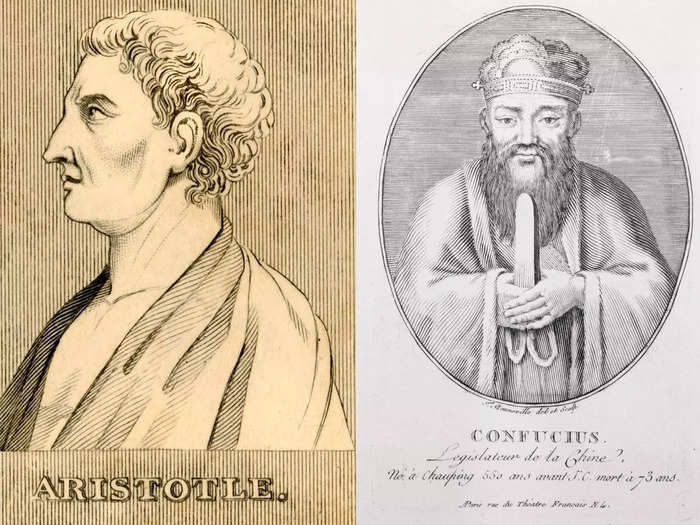
Aristotle himself may have been a victim of nepotism — when Plato was set to retire from his leadership position at the Academy, he bequeathed the position to his nephew, Speusippus, rather than to Aristotle. Aristotle went on to found his own school, the Lyceum.
Although Confucianism places great emphasis on family piety and hierarchy, it also values meritocracy and social mobility. China's meritocratic system set forth by Confucius chose leaders based on morality and merit rather than ancestry. This system was praised by Voltaire centuries later in 1764, who wrote "What should our European princes do when they hear of such examples? Admire and blush, but above all imitate."
The term originally derives from the Latin root, "nepos," meaning nephew or grandson. It originated from the tradition in the Roman Catholic Church of granting high-ranking positions to relatives of the pope, including elevating papal nephews to be cardinals. "Nephews" also became used as a euphemistic term referring to the illegitimate sons of Pope Alexander VI, who named his son, Cesare Borgia, to be a cardinal.
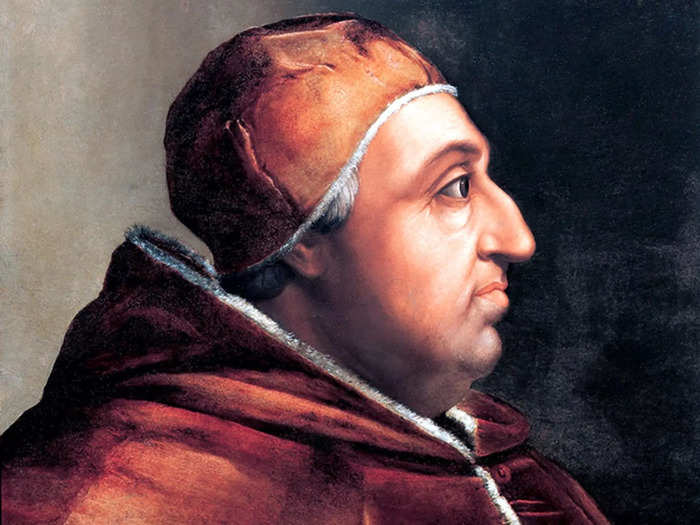
Source: The Wall Street Journal
The papal practice sparked harsh criticism of the church, and in 1667, Italian critic Gregorio Leti wrote a satire titled "Il Nipotismo di Roma," which was translated into English as "The History of the Popes' Nephews." The expression later evolved into its modern counterpart, "nepotism," meaning of favoritism of a relative or friend by a powerful person.
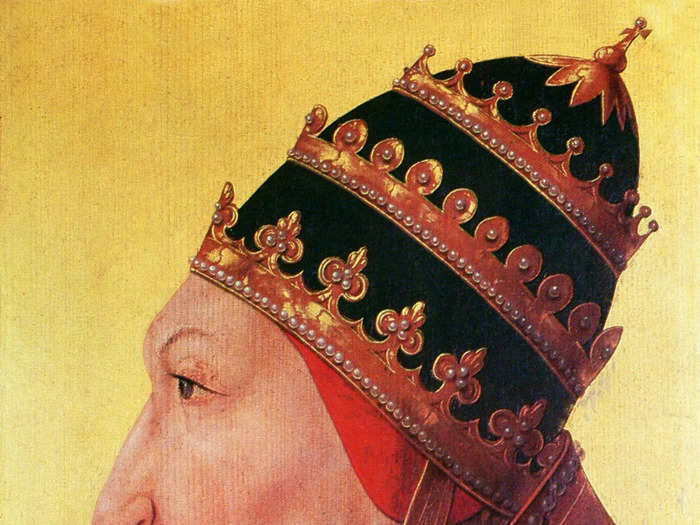
Though nepotism as an expression evolved around the 14th and 15th centuries, the practice dates much further back, even to the foundations of Athenian politics in ancient Greece. Pericles, the famed Athenian statesman, was known to have descended from well-known political families.
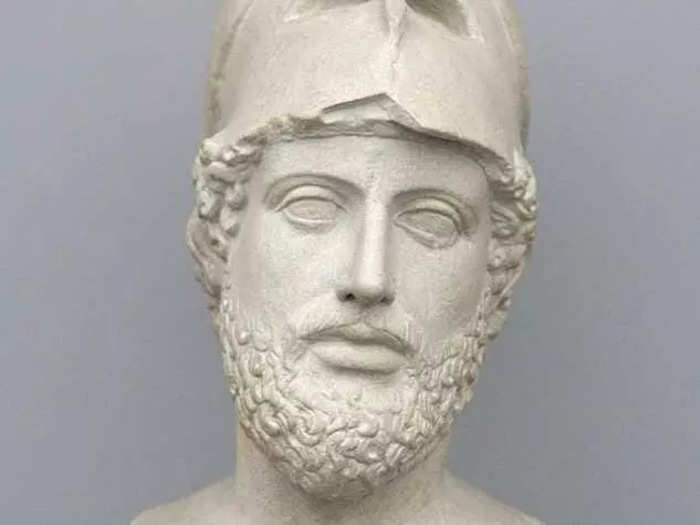
Source: Town and Country
Ancient Rome had its own 'nepo baby' after Julius Caesar appointed his son Augustus, also known as Octavian, as the first Roman emperor.
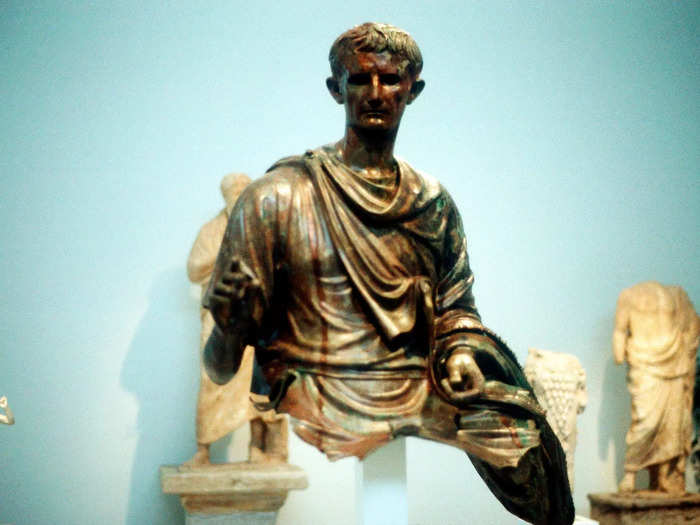
The US political system has also seen its share of nepotism. Before making his way into the White House, President John Quincy Adams worked a number of positions during the administration of his father, President John Adams. The elder Adams also appointed his son-in-law for several government positions during his presidency, as well as his brother-in-law to postmaster and father-in-law to superintendent of stamps.
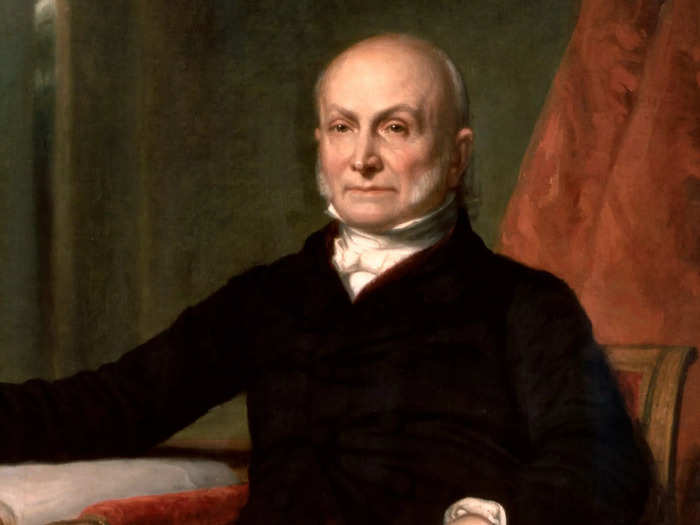
Source: National Constitution Center
In 1961, US President John F. Kennedy appointed his younger brother, Robert F. Kennedy, as Attorney General of the United States. But in 1967, a law was passed to prohibit federal officials from hiring close relatives. It became known as the "Bobby Kennedy law."
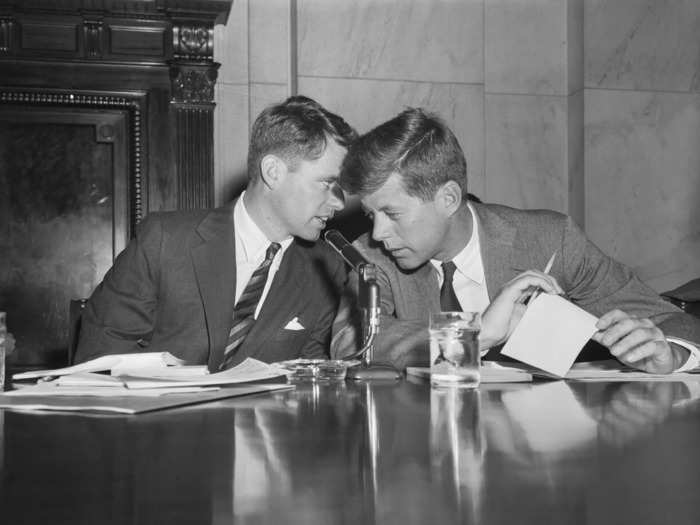
President Lyndon B. Johnson supposedly supported the law because of his dislike of Robert F. Kennedy. However, Johnson himself was subject to allegations of nepotism for employing his younger brother, Sam Houston Johnson, while he was in the Senate.
Source: Roll Call
Even the phrase, 'Bob's your uncle,' usually appended after a set of simple instructions, has roots in nepotism. In 1887, British Prime Minister Robert Gascoyne-Cecil appointed his nephew, Arthur Balfour, as chief secretary for Ireland, and later succeeded his uncle as prime minister, likely coining the familiar catchphrase.
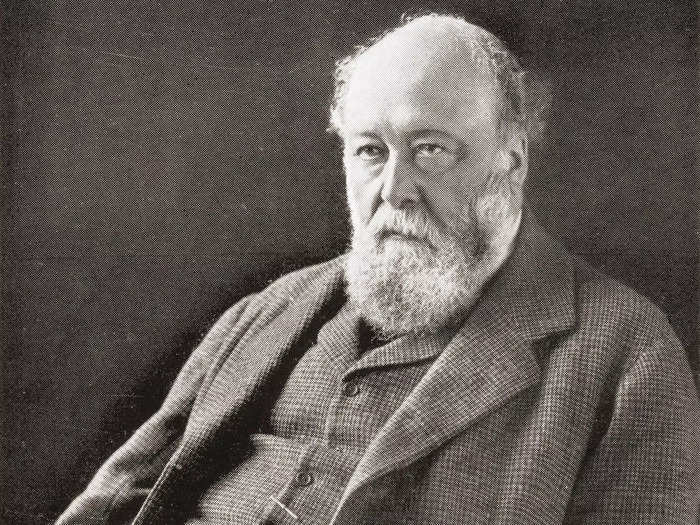
Source: Wall Street Journal
Former Indonesian President Suharto used his political influence to benefit his children, whose businesses profited off of a number of industries in the country, including toll roads and cigarette production. This practice led to the creation of the resistance slogan "Corruption, Collusion, Nepotism."
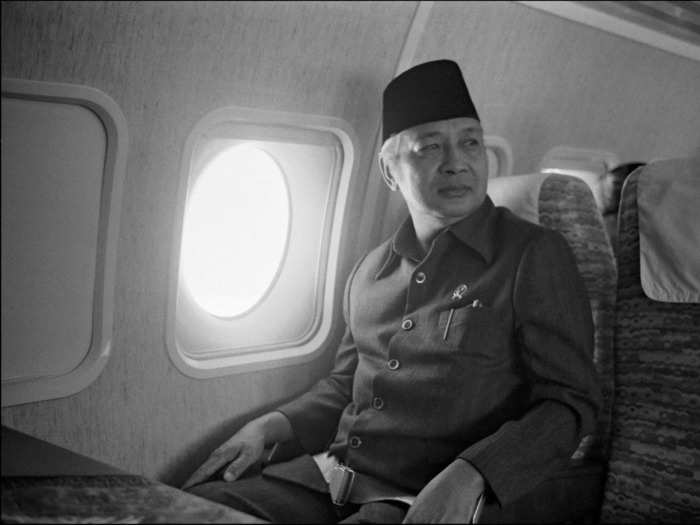
Source: The Washington Post
Nepotism permeates the political sphere in India, as well. Rahul Gandhi, former president of the Indian National Congress whose father and grandfather served as prime ministers of the country, even acknowledged the practice. "My father was in politics. My grandmother and great-grandfather were in politics. So, it was easy for me to enter politics," he said. "This is a problem. I am a symptom of this problem."
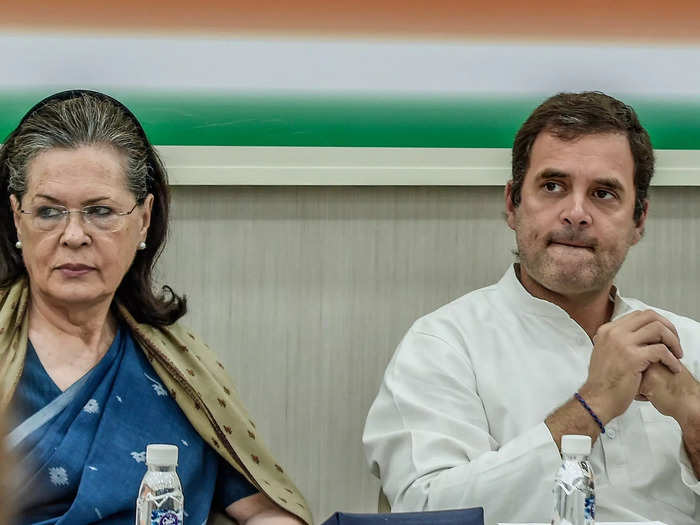
Source: The New York Times
Popular Right Now
Popular Keywords
Advertisement